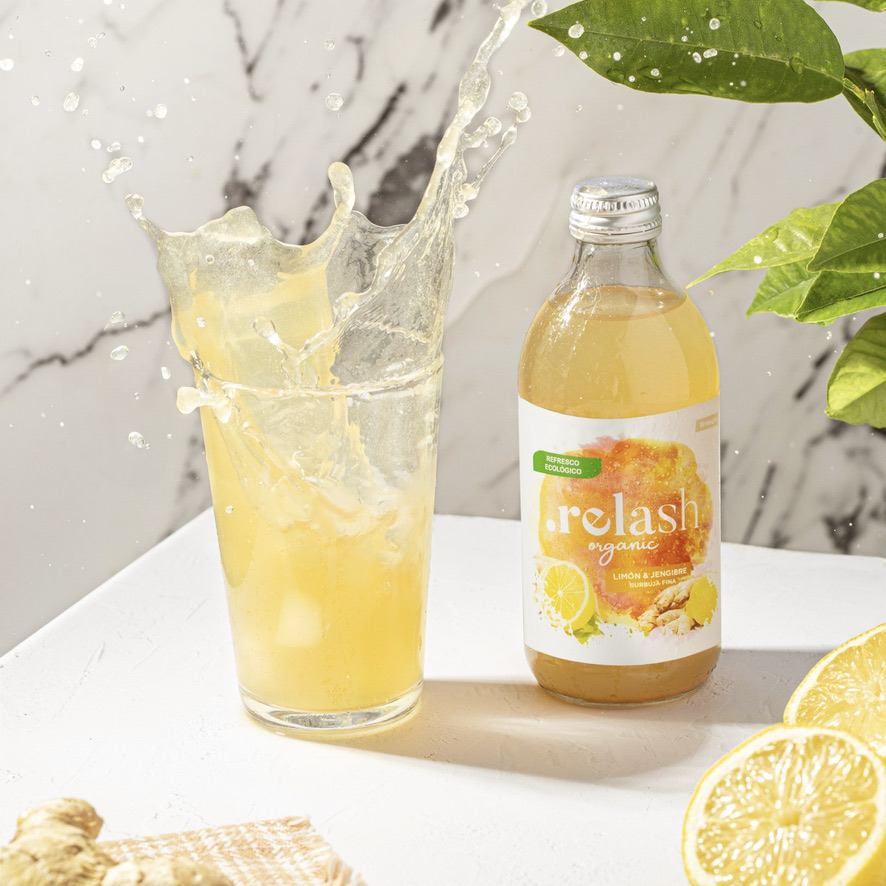Personalized ingredients refer to a variety of food components, both natural and modified, that serve specific functional purposes for individuals or targeted groups of people. These ingredients are developed to address diverse needs such as food allergies, hormonal imbalances, specific taste preferences, or individuals seeking to improve specific aspects of their health.
Eating habits are extremely important for human health. However, nutrition is also heavily affected by genetics and lifestyle patterns.
The recent development of Artificial Intelligence (AI) technologies has increased the level of accuracy and detail in data analysis to the point that it is being used individually. AI algorithms can predict outcomes based on patterns and inputted data. In the case of nutrition, our eating habits, or patterns, along with extra information from our genetic backgrounds and daily life activities can be analyzed with AI models to predict medical conditions and be corrected in advance through enhanced nutrition habits and tailored made food. Due to the biological diversity that each person has, the rise of personalized ingredients thanks to the development of food technologies will be revolutionary. For instance, researchers from Tecnun, University of Navarra, in San Sebastian, Spain, have developed an algorithm that generates a personalized ranking of the healthiest foods for individuals based on their intestinal microbiota and metagenomic data.

.png.transform/rendition-xs/image_image%20(1).png)








